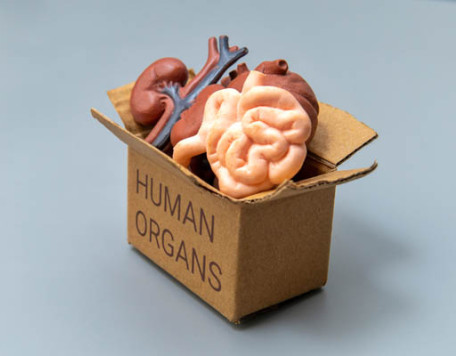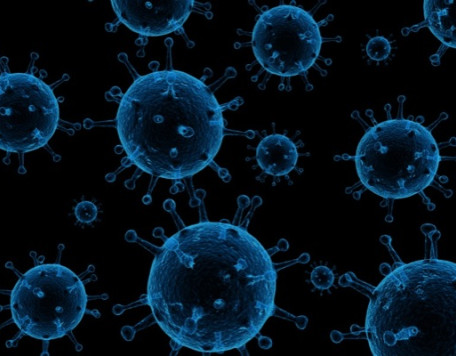© Pint of Science, 2025. All rights reserved.
We all know that our nervous system controls our entire body and is responsible for our every thought - but have you ever wondered how your brain works at a cellular level? On this evening we’ll be delving into the brain through a microscope as we learn from experts about how nerves grow, how your brain receives blood and even about non-nerve cells that live in your brain!
Everything you need to know about brain blood vessels and stroke
Dr. Tracy Farr
(Associate Professor of Neuroscience)
Other neuroscientists may tell you that neurons, or even glia, are the most important cells in the brain. But without endothelial cells (the cells that make up blood vessels) neurons and glia will die! My research looks at conditions that affect the blood vessels of the brain, such as stroke. Come have a pint and hear about the importance of the blood vessels in the brain!
Can lactate, a waste product, fuel the brain?
Dr. Angus Brown
(Associate Professor of Neuroscience)
In order to meet the brain’s considerable energy requirements, it receives 20% of available blood, which contains essential nutrients such as glucose, despite contributing only 2% of body weight. The form in which brain cells, such as neurones, use glucose as a fuel is controversial. The dogmatic view of direct neuronal glucose uptake has been superseded by an emerging concept where neurones take up glucose-derived lactate, which is supplied by astrocytes, a form of support cell. The significance of this unique metabolic form of cell-to-cell communication will be discussed in the talk.
Let’s connect! How neuronal cables wire the brain
Raquel Ribeiro
(PhD Student)
Thousands & thousands of spaghetti-like wires connect the remarkable 86 billion neurons in our brains; without them our neurons would be hopelessly talking to themselves! These wires are bundles of axons that make the highways where information travels between different areas of the brain, ultimately producing our thoughts. In my PhD I’ve been looking at neurons on a dish to study how their axons grow to connect them with each other and form mini neuronal networks, in the hope to decipher some of the ways these cables build the very precise patterns of wiring in the larger scale of our brains.
Map data © OpenStreetMap contributors.
Other Canal House events
2025-05-21
CTRL + P: Printing the Future
Canal House
48-52 Canal St, Nottingham, NG1 7EH, United Kingdom
2025-05-19
Cell-ebrity Status: Cells' Star Quality
Canal House
48-52 Canal St, Nottingham, NG1 7EH, United Kingdom



